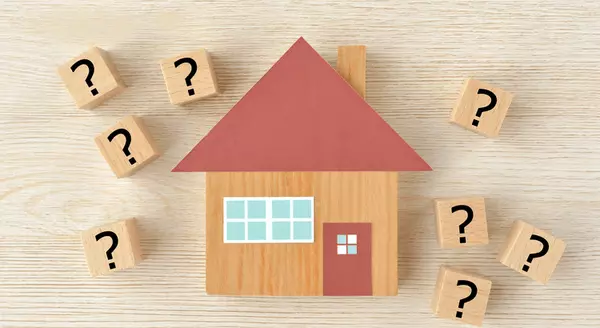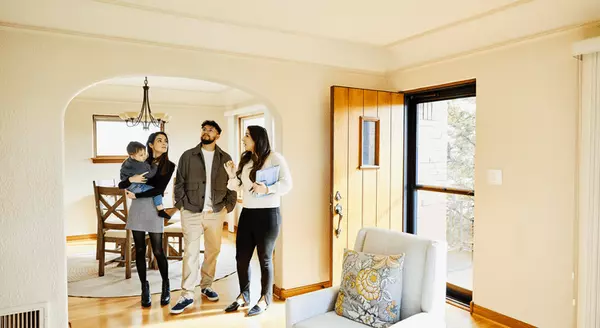Patience Won’t Sell Your House. Pricing Will.

Waiting for the perfect buyer to fall in love with your house? In today’s market, that’s usually not what’s holding things up. And here’s why.Let’s be real. Homes are taking a week longer to sell than they did a year ago. According to Realtor.com:“Homes are also taking longer to sell. The typical ho
Read MoreMortgage Rates Just Saw Their Biggest Drop in a Year

You’ve been waiting for what feels like forever for mortgage rates to finally budge. And last week, they did – in a big way.On Friday, September 5th, the average 30-year fixed mortgage rate fell to the lowest level since October 2024. It was the biggest one-day decline in over a year.What Sparked th
Read MoreWhy 50% of Homes Are Selling for Under Asking and How To Avoid It

If your selling strategy still assumes you’ll get multiple offers over asking, it’s officially time for a reset. That frenzied seller’s market is behind us. And here are the numbers to prove it. From Frenzy to “Normal”Right now, about 50% of homes on the market are selling for less than their asking
Read MoreBuilder Incentives Reach 5-Year High

Even with more homes on the market right now, some buyers are still having a tough time finding the right one at the right price. Maybe the layout feels off. Maybe it still needs some updating. Or maybe it’s just more of the same.That’s why more buyers are turning to new construction – and finding s
Read More
Categories
Recent Posts










